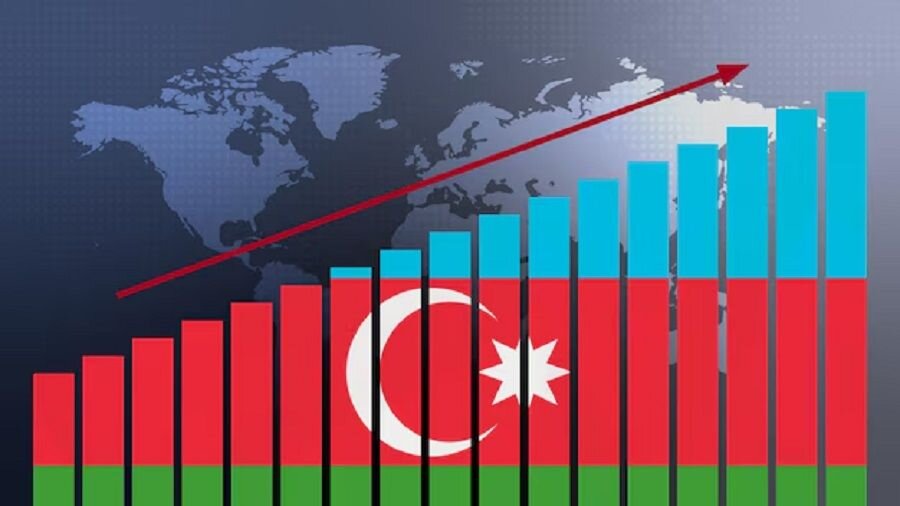Azerbaijan: a rising star in regional trade and global energy markets

TEHRAN - Azerbaijan stands at the crossroads of continents, cultures, and commerce. Today, the country is fast transforming from a regional player into a pivotal hub for international trade and energy, driven by a dynamic economy, strategic partnerships, and visionary infrastructure development.
With a market value exceeding $80 billion, Azerbaijan’s economy is both resilient and ambitious. The country has diversified its economic base in recent years, expanding beyond hydrocarbons to sectors like transportation, agriculture, technology, and services. Yet energy remains a cornerstone, with Azerbaijan ranking among the top oil and gas producers in the region, thanks to major projects like the Shah Deniz field and the Southern Gas Corridor.
Azerbaijan’s trade landscape is vibrant and expanding. In 2024, the country's exports totaled nearly $40 billion, with crude oil, natural gas, and petrochemical products leading the way. Non-oil exports, such as fruits, vegetables, aluminum, and cotton, are also gaining momentum, reflecting Baku’s commitment to economic diversification. Imports reached around $16 billion, dominated by machinery, vehicles, electronics, and pharmaceuticals — sectors that support the country’s modernization drive.
The country maintains strong trade ties with its neighbors. Turkey and Iran are among Azerbaijan’s largest trading partners, bolstered by shared cultural ties and strategic agreements such as the Preferential Trade Agreement. Russia, and Georgia also feature prominently, enabling Azerbaijan to play a bridging role between major markets. The country’s growing ties with the European Union and China further highlight its global economic ambitions.
Azerbaijan’s geographic location is a critical asset. As a linchpin of the International North–South Transit Corridor (INSTC), Azerbaijan connects South Asia and West Asia to Europe and Russia. The INSTC’s multimodal network — combining rail, road, and maritime routes — is turning Azerbaijan into a logistical powerhouse. The Port of Baku, the largest in the Caspian Sea, is undergoing rapid expansion, positioning itself as a key node for East-West and North-South freight movement.
Baku’s forward-looking investments in transit infrastructure are paying off. The Baku-Tbilisi-Kars railway offers a direct link to Turkey and Europe, while the Alat Free Economic Zone provides tax incentives to attract international logistics and manufacturing companies. These initiatives are not only boosting Azerbaijan’s competitiveness but also reshaping the entire region’s trade dynamics.
Energy exchange is another field where Azerbaijan exerts strong influence. Through its oil pipelines — notably the Baku-Tbilisi-Ceyhan (BTC) — and gas pipelines such as TANAP and TAP, Azerbaijan ensures energy security for both regional neighbors and European consumers. Its strategic exports of clean-burning natural gas are especially crucial in a world increasingly focused on sustainable energy transition. Meanwhile, Azerbaijan is investing heavily in renewables, aiming to derive thirty percent of its energy mix from green sources by 2030.
Furthermore, Azerbaijan’s hosting of COP29 in 2024 signals its intention to take a leadership role in global climate discussions, leveraging its energy expertise while championing environmental stewardship.
In sum, Azerbaijan’s economic ascent is no accident. It is the result of strategic planning, regional cooperation, and bold investment in infrastructure and energy diversification. As the world seeks new trade routes, stable energy supplies, and resilient economic partners, Azerbaijan offers a compelling story — and an even brighter future.
From the Caspian shores to global markets, Azerbaijan is not just participating in the future of trade and energy — it is helping to shape it.
EF/MA
Leave a Comment